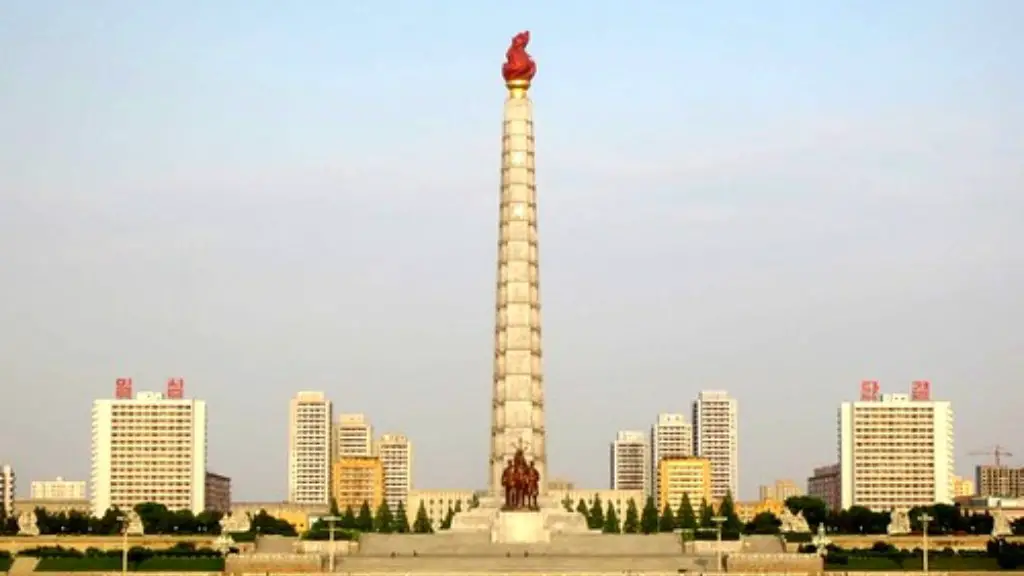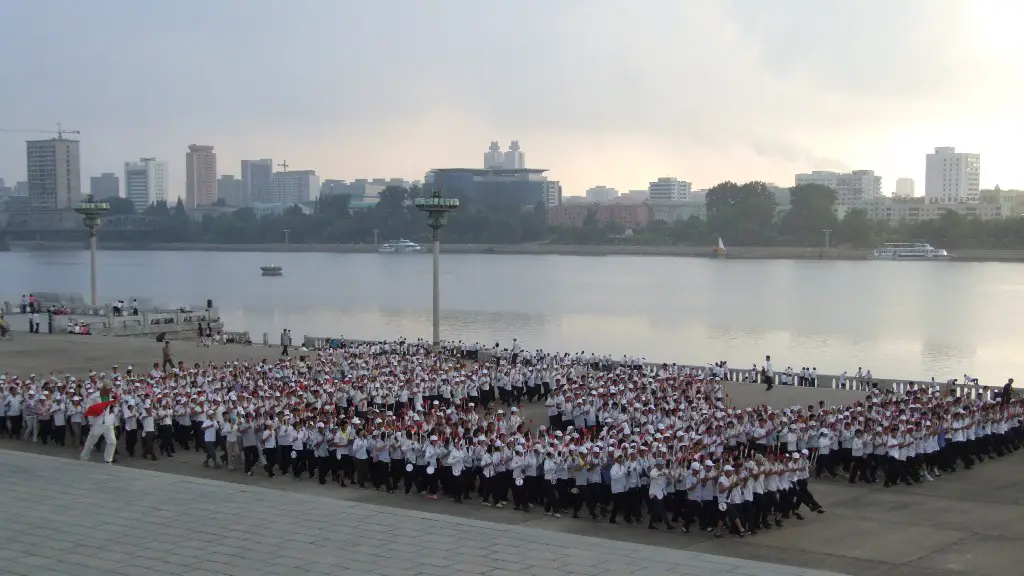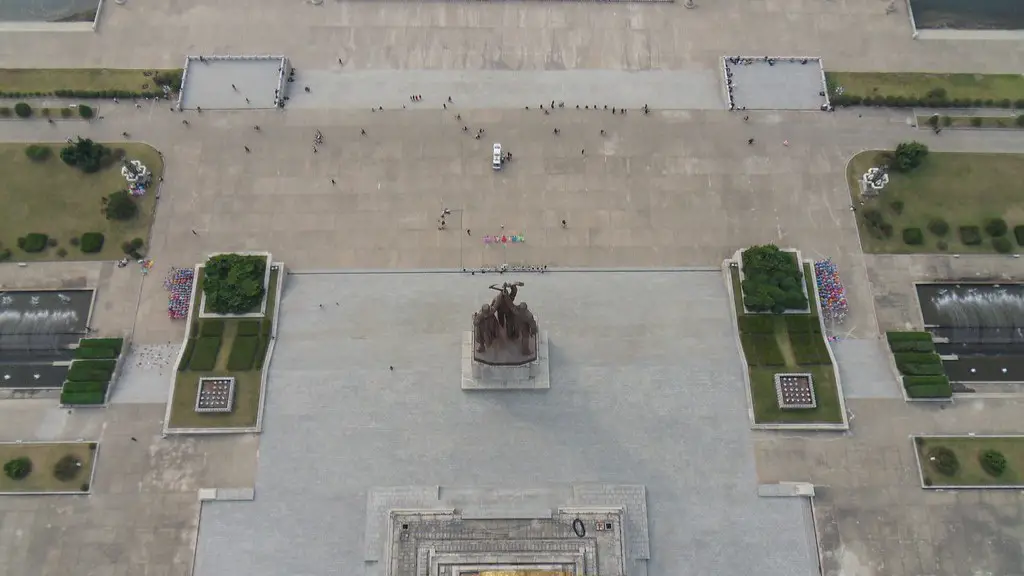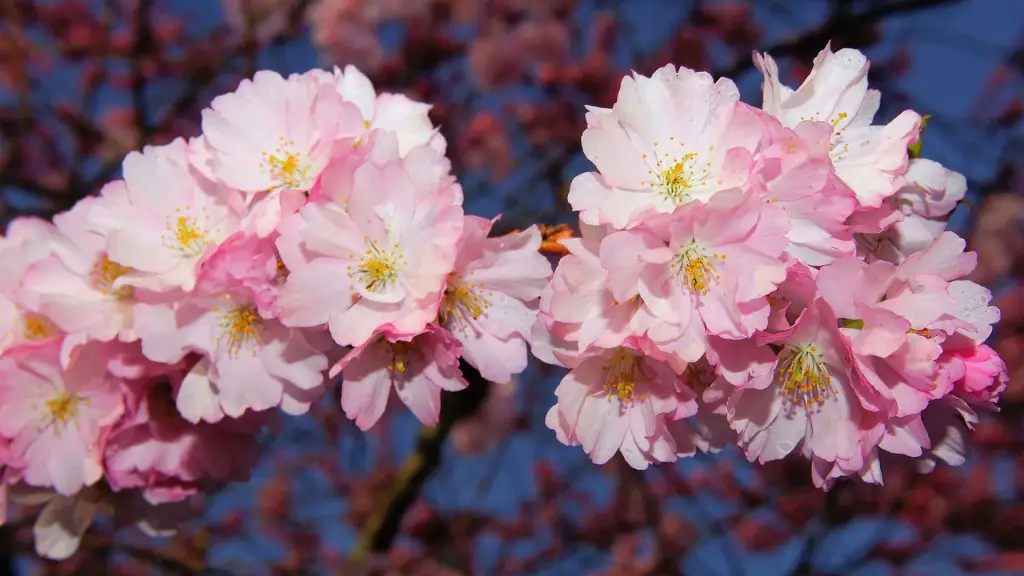North Korea is one of the strictest countries in the world. Although its leader, Kim Jong-Un, promised reforms, life in North Korea hasn’t really changed much since then. North Korea remains tightly guarded, with citizens living in fear of being arrested or persecuted any time they step out of line. So why exactly is North Korea so strict?
First and foremost, North Korea is a totalitarian state, meaning it is ruled by a single party and the government maintains control over all aspects of life. This means that citizens don’t have the freedom of speech or assembly and their access to the outside world is limited. North Korea’s leaders have also long applauded their military-first policy, which puts the armed forces in an exalted position and provides them with ample resources and resources for nuclear weapons and missile development. This also means that citizens are required to support the government and its policies, which naturally creates a strong sense of fear and obedience.
In addition to its totalitarian nature, North Korea has a well-known history of human rights abuses. Amnesty International has documented a long list of horrific acts, including arbitrary detention, torture, and public executions. Citizens in the country are deprived of their basic rights and lack access to food, healthcare, education, and other necessities. This is largely due to the government’s tight control over resources and its refusal to recognize or protect human rights.
Political repression is also rampant in North Korea. People who express any kind of dissent or criticism of the government are targeted and punished. This can include everything from long prison sentences to hard labor and even execution. The government also controls information and heavily censors media, meaning that citizens are not exposed to any kind of outside opinion or truth. This lack of knowledge and freedom of thought makes North Koreans more likely to comply with government orders, creating an even stricter atmosphere.
Ultimately, North Korea is so strict because its leaders have used fear and control to maintain their power and suppress any sign of resistance. People in the country live in constant fear of punishment or even death for doing something as simple as speaking out against the government. It’s a cycle that has been repeating itself for decades and it doesn’t seem like it will be changing anytime soon.
Repression of Dissent
The North Korea government has become infamous for its repression of dissent. Anyone who speaks out against or even criticizes the government can face severe punishment ranging from long prison sentences to hard labor and even execution. This fear of punishment is a major factor in why North Korea remains so strict and is often used to support the government’s policies.
The government uses various means to suppress dissent, including severe restrictions on free speech and the media. The media in North Korea is heavily censored and access to the outside world is very limited. This means that people in the country are not exposed to any kind of outside opinion or truth and are only presented with the government’s version of events. This lack of knowledge and freedom of thought makes North Koreans more likely to comply with government orders, furthering the oppressive atmosphere in the country.
It’s also worth noting that North Korea maintains an extensive network of secret police known as the “KPA”, who are tasked with monitoring citizens and identifying potential dissidents. This creates a climate of fear in the country, making it difficult for people to freely express their political or religious beliefs without fear of punishment.
All of these measures have contributed to the tight grip the North Korean government has on its citizens and why North Korea is so strict. People in the country are essentially living in a police state where their opinions and actions are closely monitored and any sign of dissent is punished.
Survival Tactics
In the face of such oppressive conditions, some North Korean citizens have formulated tactics to survive and even thrive despite the government’s draconian control. One of the most common tactics is to remain silent and blend in with society. This means that people should avoid sharing their opinions in public and instead focus on living their lives as usual.
Another tactic is to rely on family networks and friendly neighbors. This is often the only way for North Koreans to get access to food, medicine, and other necessities. People living in close-knit communities are also able to share important information without fear of being punished by the government.
Finally, some North Koreans have even been able to use the existing system to their advantage. This involves finding ways to use official channels and government bureaucracy to access resources and gain favors. This kind of strategy is risky, as it often involves people getting involved in corrupt practices and helping to fund the government. But it’s one of the few ways that North Koreans can bypass the oppressive conditions in the country.
Environmental Damage
The harsh conditions in North Korea have also had a terrible impact on the environment. The country’s industries are largely inefficient and outdated, meaning that they produce large amounts of pollution. This pollution is then released into the air and water, putting citizens at risk of serious health problems.
In addition, deforestation has become a major issue in the country. North Korea’s forests have been cleared for fuel and firewood, with many of the country’s trees being cut down without a proper replanting plan. This has had a serious impact on the environment, making the country even more vulnerable to natural disasters such as flooding and drought.
The pollution and deforestation in North Korea have resulted in a host of environmental problems, such as air pollution and water contamination. This has made it even harder for North Koreans to survive in the country, as they are forced to deal



